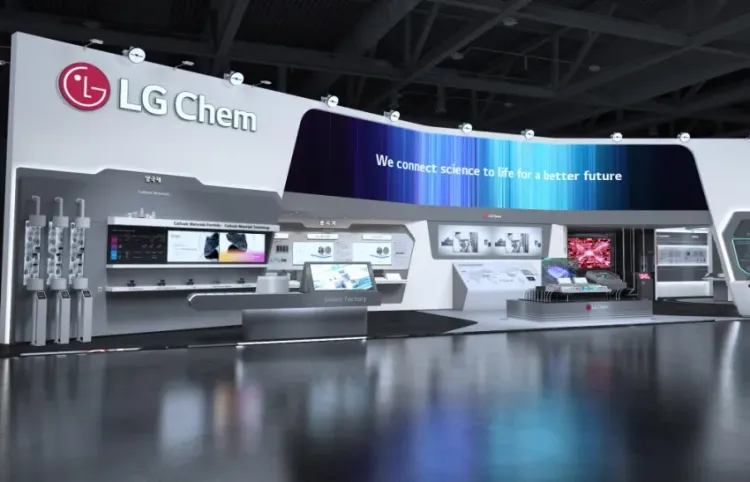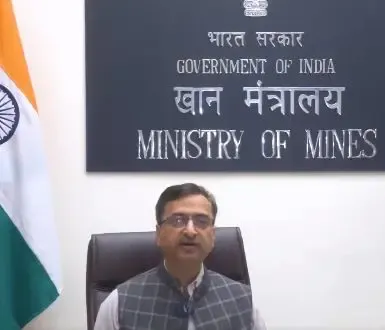What Measures Will South Korea Introduce to Restructure Its Petrochemical Industry?

Synopsis
Key Takeaways
- The South Korean government is set to announce restructuring measures for the petrochemical industry.
- Financial and tax support will be available for companies undergoing restructuring.
- The industry has been affected by global oversupply and weak demand.
- Major companies are considering various restructuring strategies, including mergers.
- Concerns have been raised about the viability of almost half the firms in the sector.
Seoul, August 17 (Yonhap) The South Korean government is poised to unveil a series of policy measures aimed at restructuring the beleaguered petrochemical sector, which has faced significant challenges due to a global oversupply, as stated by officials on Sunday.
The Ministry of Trade, Industry and Energy is actively formulating inter-ministerial strategies to motivate companies to refine their business portfolios, while also providing financial and tax incentives to facilitate timely restructuring, according to the officials, as reported by Yonhap news agency.
The domestic petrochemical sector has been experiencing a prolonged downturn in recent years, struggling with weak demand and an oversupply triggered by extensive facility expansions in China and various Middle Eastern nations.
Recently, Yeochun NCC Co., a collaboration between Hanwha Group and DL Group, encountered a liquidity crisis that compelled its shareholders to furnish emergency loans.
A recent analysis by Boston Consulting Group cautioned that if the ongoing downturn continues, nearly half of the petrochemical companies in South Korea may not withstand the next three years due to their fragile financial status.
The forthcoming governmental measures are expected to encompass legal, administrative, and financial incentives to aid companies in their restructuring endeavors.
If organizations opt to realign their business portfolios or engage in mergers and acquisitions (M&As), the government intends to offer comprehensive administrative and financial support.
In recent weeks, the government has conducted discussions with leaders of key petrochemical firms to gather their restructuring proposals.
Previously, the industry ministry suggested various avenues, such as facility closures, asset sales, joint ventures, and M&As, as potential strategies for restructuring.
LG Chem has recently suspended operations at its styrene monomer plants in Yeosu, located approximately 320 kilometers south of Seoul, and Daesan, 85 kilometers southwest of the capital, while also deciding to halt alcohol production at its facility in Naju, a city in the southwest.
Lotte Chemical Corp. and HD Hyundai Oilbank Co. are also reportedly in negotiations to merge their respective naphtha cracking center (NCC) assets in Daesan.
"We are acutely aware of the challenges facing the petrochemical sector," Industry Minister Kim Jung-kwan remarked during a recent site visit. "The industry must collaborate to pursue voluntary restructuring efforts, including facility adjustments."









